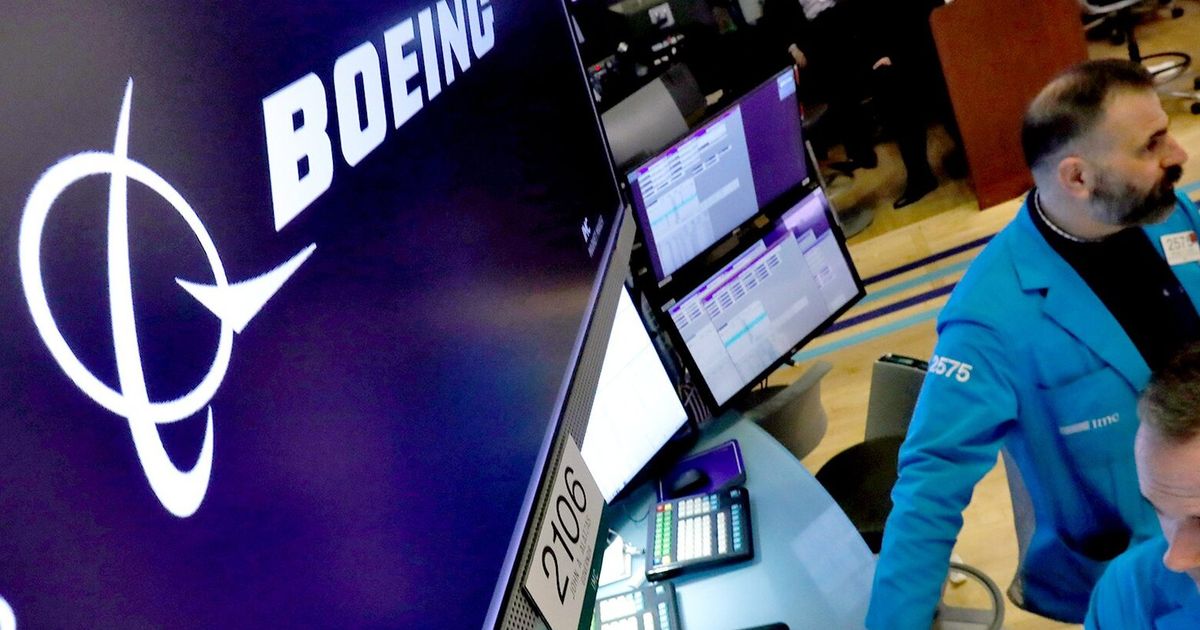When Boeing sold its Wichita manufacturing operations in 2005, Harry Stonecipher, then the chief executive, justified the deal that created Spirit AeroSystems as an effort to increase the corporation’s return on net assets.
Don’t let your eyelids droop yet.
This ratio is one method investors use to see how efficiently a company is managing its assets and working capital. Experts caution that return on net assets doesn’t offer a complete illustration of corporate health — for example, it doesn’t include debt. No matter, such a focus is a way to please Wall Street.
Stonecipher was a product of McDonnell Douglas, a company as noted for its “bean counter” mentality as Boeing was famed for its engineering excellence. He was McDonnell CEO during its 1997 merger with the most important company then headquartered in Jet City. Coming out of retirement, he became Boeing’s chief after scandals forced out Phil Condit in 2003.
The McDonnell Douglas way of business not only took over Boeing but became the body snatcher of its former culture. Virtually every other part of the combined company’s operations and mission was — and remains — fixed on delivering short-term returns to shareholders.
Thus, as Boeing reacquires Spirit, which manufactures the forward fuselage of every one of Boeing’s commercial airplanes, the entire fuselage of the 737 MAX and other components, it’s important to realize the Boeing Problem is closely connected to the Wall Street Problem.
When I’ve written on the former issue — informed by the reporting of my colleagues Dominic Gates and Lauren Rosenblatt — I mean a pattern of self-inflicted corporate wounds that led to lethal or potentially lethal consequences. Much of this is a result of Boeing and other companies’ worship of the late Jack Welch, the most toxic CEO in memory and yet the most influential.
As head of General Electric from 1981 to 2001, “Neutron Jack” was all about pleasing Wall Street. He used extreme cost-cutting and obsession with quarterly earnings to change the model for corporate America. During this sea change, Welch oversaw the dismissal of tens of thousands of employees. But GE’s share price kept rising, setting a standard other companies sought to emulate.
Among them was Boeing, where Welch protégé James McNerney was chief executive from 2005 to 2015. Although this mentality predated McNerney, he was the boss who presided over the much-delayed 787 Dreamliner, excessive outsourcing, union-busting by establishing a plant in South Carolina and rushed development of the MAX.
McNerney is also remembered for his infamous (quickly walked back) quip to Wall Street analysts on his retirement, “the heart [of the company] will still be beating, the employees will still be cowering.”
The consequences of the convergence between Boeing and a new, Welchian Wall Street were profound.
“Crush the workers. Share price. Share price. Share price,” Richard Aboulafia, industry analyst with AeroDynamic Advisory, told Gates this past April. “Financial moves and metrics come first. … [Boeing’s doctrine is] a ruthless effort to cut costs without any realization of what it could do to capabilities.”
Boeing’s C-suite delivered enormous returns to shareholders via stock buybacks and dividends — $68 billion since 2010, according to Melius Research — instead of investing in new airliners.
The Wall Street Problem wasn’t confined to Boeing. Almost every major corporation in America adopted Welch-style management and a focus on so-called shareholder value. In too many cases, this resulted in needless layoffs, mergers that failed to deliver their promised benefits and morale-busting fads such as stack ranking.
This “rank and yank” approach makes managers grade employees on a bell curve, with the bottom 15% or so employees set to be laid off, no matter their talent or value. Microsoft and Amazon are among the companies that abandoned it because of how it hurt innovation and teamwork.
According to an article in Forbes, hardly a bastion of communism, “two distinguished Harvard Business School professors — Joseph L. Bower and Lynn S. Paine — recently declared in Harvard Business Review that maximizing shareholder value is ‘the error at the heart of corporate leadership.’ It is ‘flawed in its assumptions, confused as a matter of law, and damaging in practice.’ ”
Wall Street was at the heart of the Great Recession, where its investment banks dabbled in exotic derivatives — financial contracts that derive their value from underlying assets — that Warren Buffett called “financial weapons of mass destruction.”
Wall Street’s influence on policy is extraordinary. Its masters of the universe slowed enactment of the Volcker rule regulating derivatives, lobbied to water down regulations and became too big to fail.
As the economy became more financialized, it meant more damage to employees and communities. Stock buybacks meant less investment in companies. After increasing for more than 20 years, the number of publicly listed stocks dropped after the dot-com bust, from about 7,500 in 1998 to about 5,000 in 2004, according to data compiled by Jay Ritter, a professor at the University of Florida.
Although the U.S. economy has never been more financialized than today, this isn’t the first time high finance has caused trouble. President Theodore Roosevelt famously busted trusts. His distant cousin, President Franklin D. Roosevelt, rightly saw stock speculation as a leading cause of the Great Depression.
FDR established the Securities and Exchange Commission to police the market, placing financier Joseph Kennedy (father of JFK) in charge. Kennedy supposedly said after the SEC reforms that even he couldn’t outfox them. And for decades, Wall Street was stable and played by the rules.
Today, Wall Street is not only damaging companies such as Boeing but also the climate: Because of Republican criticism, financial giants are retreating from their environmental promises.
Other Seattle-area companies have fared better: Microsoft, Amazon, Costco and Paccar among them. To be sure, they deliver for stockholders, but without so much damage to their core businesses and employees.
But only vast changes in regulation will turn around the Wall Street Problem.
That gives some hope for easing the Boeing Problem.
But not if Donald Trump, famously opposed to government intervention in business, wins in November.











